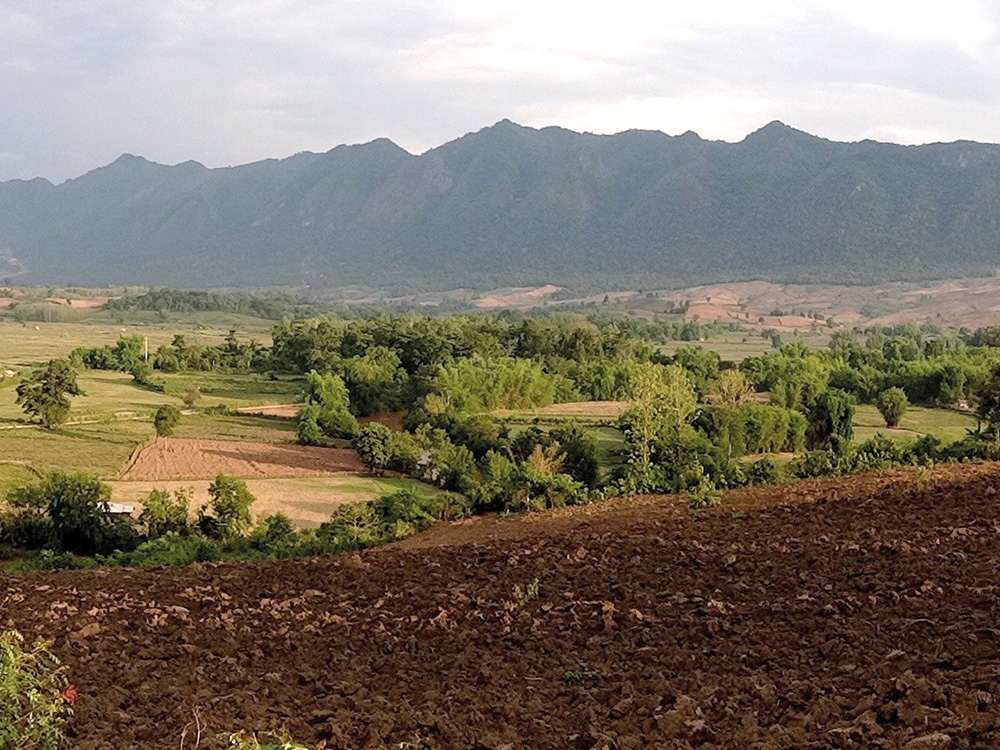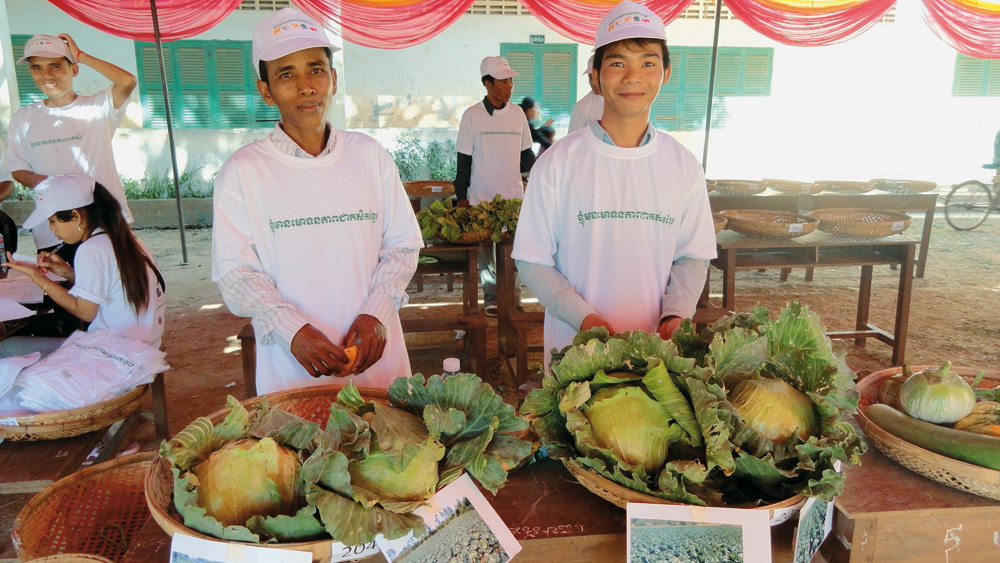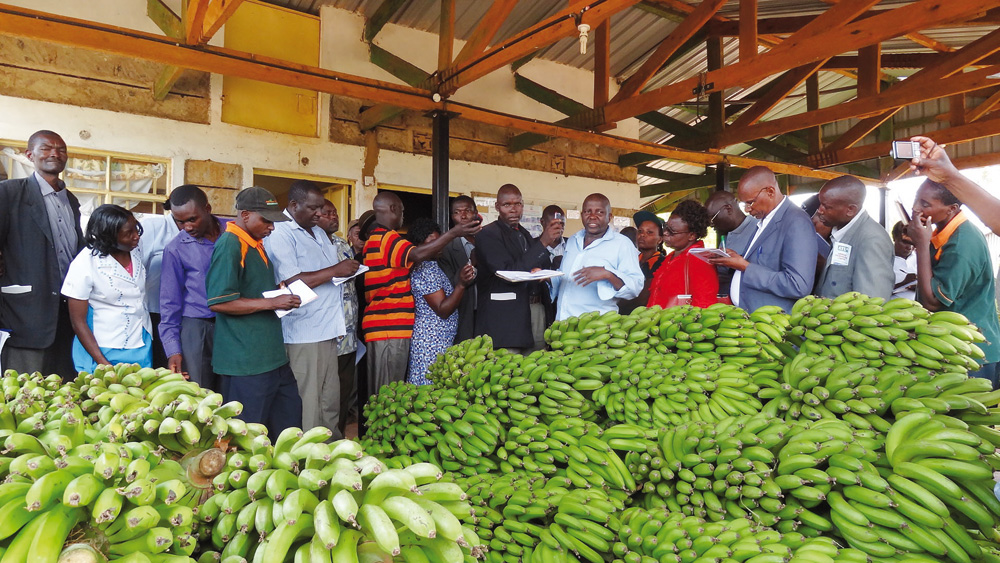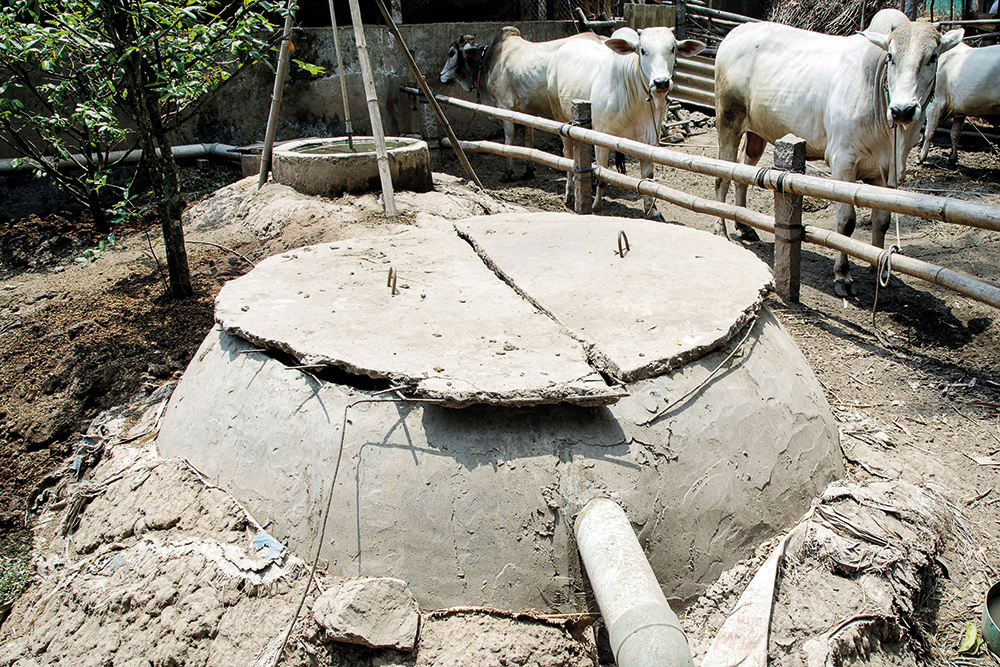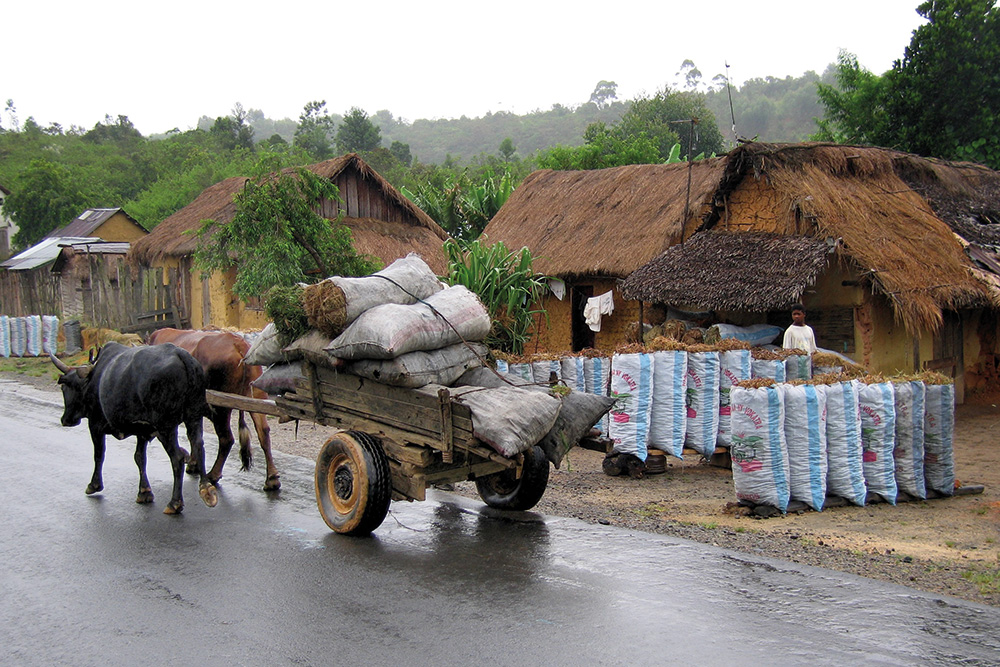Rural advisory services – back on the development agenda!
Over the last few decades, the range of agricultural extension and advisory services as well as the notions of which tools and methods are most suitable have seen fundamental changes. Our authors give an overview of old and new approaches, showing what we already know and where there is a need for more information.




